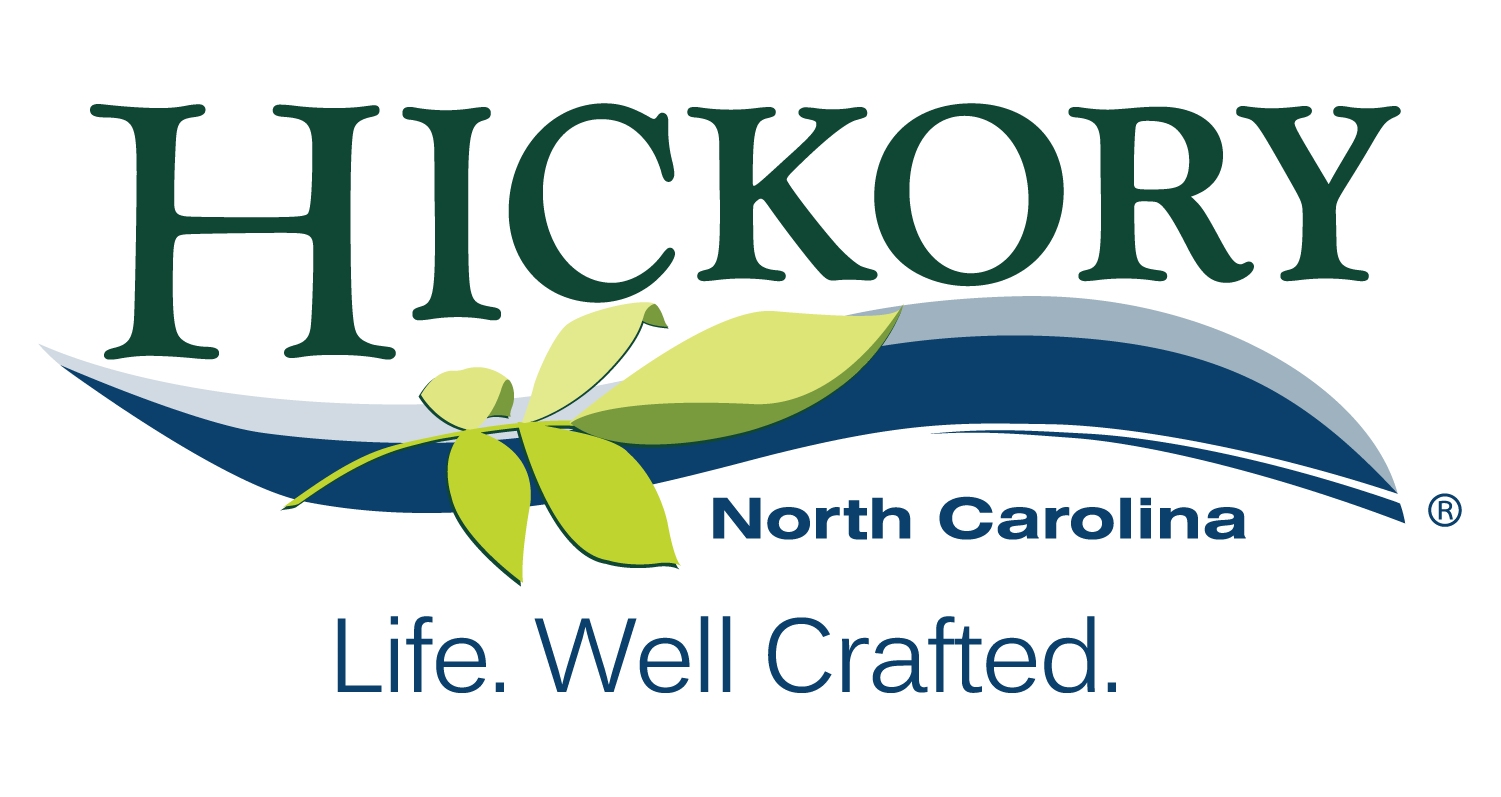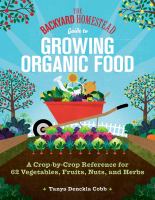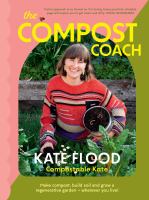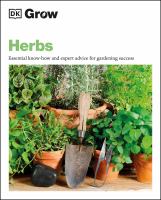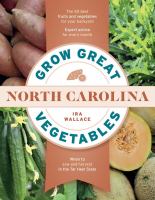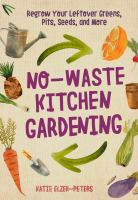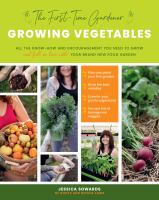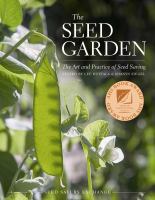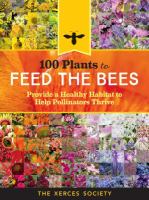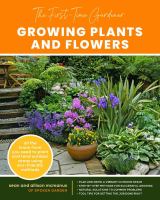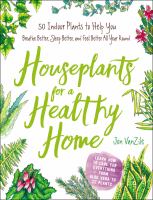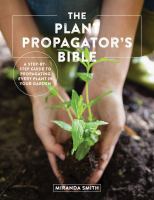Plant Share and Seed Exchange
Hickory Public Library’s Plant Share & Seed Exchange cultivates connection with individuals who share a love for plants and gardening. Our Seed Exchange strives to preserve biodiversity, increase food security in the community, and support traditional agriculture.
Leave pest-free plants and/or cuttings at the Plant Share area for others to enjoy and choose a new plant to take home with you.
Leave seeds at the Seed Exchange area and take up to three seed packets at a time to plant in a personal or community garden. Enjoy the harvest, save the seeds, and then return them to the Seed Exchange for others to enjoy.
Seed Packet Terms
Days to Germination – time needed for seeds to sprout after planting
Days to Maturity – time needed for the plant to flower and/or produce fruits and vegetables
Direct Sow – plant seeds directly into prepared soil in a permanent location outdoors
Start Indoors – plant seeds in container indoors for an amount of time before transplanting to a permanent location outdoors
Perennial – a plant that returns yearly. It may die back, but new growth appears the following season
Annual – a plant that dies after a single growing season
Organic – seeds from plants grown without chemical fertilizers or synthetic pesticides
Heirloom – these varieties have been passed down through generations, produce consistent results, and can be open-pollinated
Hybrid – a cross between different species or varieties
Hand Pollinated – seeds from plants which were pollinated manually (by hand)
Open-pollinated – seeds produced via natural pollination and are true to type
Other Extensions
A step-by-step guide to saving seeds – OSU Extension
Saving vegetable seeds – UMN Extension
The Plant Share & Seed Exchange is located in The Learning Lab on the 2nd floor of Patrick Beaver Memorial Library.
The Plant Share & Seed Exchange is open during regular library operating hours.
While not required, we encourage the community to bring plants or seeds to leave for others. Plant and seed donations help keep the area stocked and increases the variety of plants and seeds available.
To ‘check out’ seed packs, fill out the Seed Log indicating your selections. Each person can take up to three seed packs at a time.
A variety of vegetable, herb, and flower seeds are available. Seed Exchange inventory changes according to what has been donated. Some seeds come from commercial growers and others come from plants grown by local gardeners.
We welcome donations of seeds saved from heirloom vegetables, herbs, native plants, and flowers. We also accept seeds from commercial packets.
- Separate your seeds from your plant. All seeds should be clean and dry before donation as non-seed material/dampness can harbor disease.
- Fill out the necessary information on the provided seed packets and seal your seeds inside. You may use more than one packet depending on how many seeds you have. If seeds are in their original packaging, they can be donated as is.
- Place completed packets in the designated bin labeled Donated Seeds. Seeds will be filed into the appropriate drawers once they have been checked by Library staff. Please do not file your donated seed packets yourself.
- Lastly, fill out the Seed Log letting us know what you’ve donated.
We are not accepting seeds saved from store-bought produce at this time. We also do not accept vegetable scraps that can be used for re-growing (pieces of potato, lettuce bases, etc.).
A variety of potted plants and cuttings are available. Plant inventory changes according to what has been donated with the most common donations being tropical houseplants.
To take a plant, fill out the Plant Log indicating your selection. For cuttings, use the provided baggies to transport your plant- do not take glass vials or other glass containers. For potted plants, take the whole plant and the pot it’s in.
We welcome donations of houseplants (cuttings and potted), vegetable starts, and small outdoor plants. All plants must be pest and disease free. For potted plants, be sure to check the soil for pests, especially if it was outdoors.
We do not accept bushes, shrubs, trees, large potted plants, or beach grass.
To donate plants, fill out the Plant Log letting us know what you’ve brought and label your plants so others know what they are. Glass vials are provided for cuttings.
